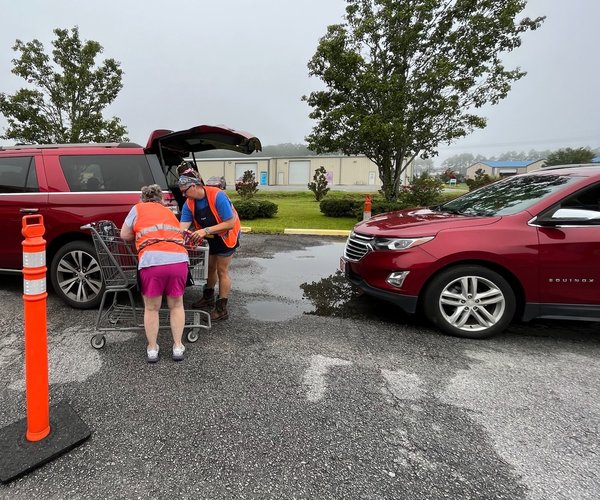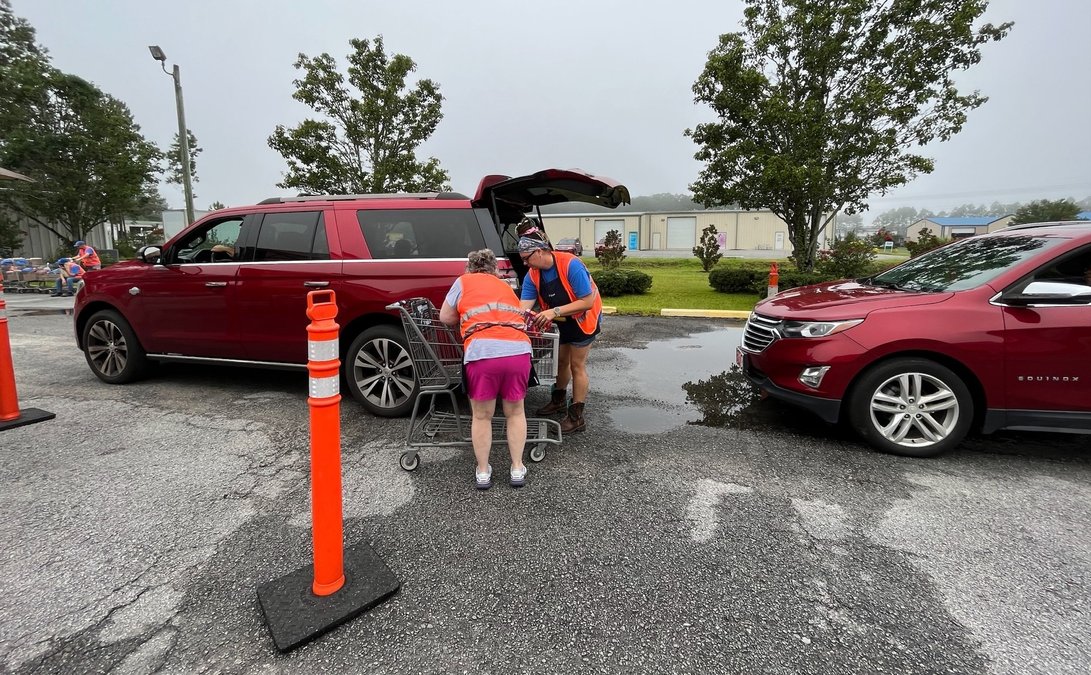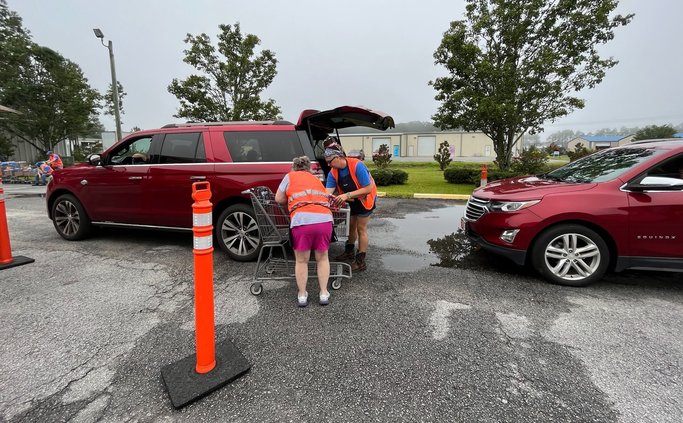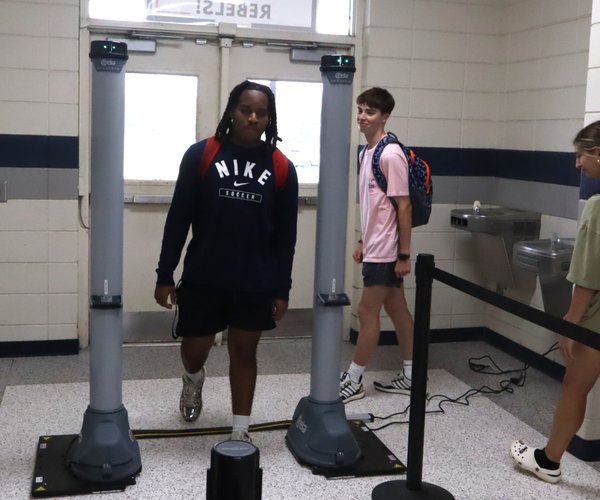The Springfield City Council will vote on a resolution to hold a referendum to allow liquor by the drink sales at the council meeting Tuesday.
The council decided to vote on the resolution at the workshop on a possible consumption on premises ordinance if the referendum is passed.
City Clerk Gaye Paquet told the council the vote day for March had been moved to February for the presidential primary, and the council had missed the deadline to have the referendum on the February ballot. The earliest the referendum could be voted on will be July.
Mayor Barton Alderman said the council would like to have a first reading of the finished ordinance before the referendum is voted on, so that if the referendum passes the council can have a vote immediately following the vote.
The council addressed size and sales requirements for restaurants that would be allowed to sell liquor if a resolution allowing liquor sales is passed.
Restaurants will be required to have a minimum of 50 percent sales of food and non-alcoholic beverages.
If a restaurant does not have at least 50 percent in food sales for two consecutive reporting periods, or two reporting periods in 12 months the license to sell liquor can be revoked after a hearing by the city council.
The Statesboro ordinance, which the Springfield council is using to model its ordinance, requires that there must be “permanent seating capacity at tables, not county bar stools of at least 25 persons.”
Councilman Charles Hinely said they want to avoid a small place.
“You get to a point when you have a small size that you can’t make money anyway,” Councilman Dennis Webb said.
Webb said he’s been in some small restaurants that are very small, upscale in old houses that serve alcohol.
Councilman Jeff Ambrose said he felt the 50-50 sales requirements would regulate the size.
“You’ve got to have a commercial kitchen,” Ambrose said. He asked if someone would go through the expense to serve a very small number of people at a time.
The council took the seating requirement out of the ordinance.
The occupancy requirements of a restaurant would deal with codes, the council asked to have research done on state codes in order to check the section of the ordinance.
Hinely said the number of seats should determine the occupancy load.
“We don’t want to make this thing so tight they don’t want to apply,” Hinely said. “If you get licensed by the seat, to me that ought to mean your capacity is that number.”
Ambrose said occupancy would have to be slightly higher than the number of seats in the restaurant.
“You’ve got people standing at the bar, or waiting for a table to become vacant,” Ambrose said.
In the event that a restaurant exceeded the maximum occupancy load, the police chief would be authorized, if requests to reduce the number of people on the premises were denied, to temporarily close the premises.
The council would then hold a hearing concerning the violation.
The council discussed limiting the number of drinks served at a time.
“Somewhere down the line we’re going to have to limit the number of drinks to two,” Hinely said.
Councilman Kenny Usher asked if the number of drinks allowed to be served at a time is addressed in the proposed ordinance.
Hinely asked if there is currently a regulation limiting the number of drinks that can be sold to any customer to two.
Webb said the regulation would not limit the number of drinks sold to a person, but the number of drinks they that would be served at one time.
“You can have two for one, where they can bring you two beers at a time,” Webb said. “If I’m guessing right what this will stop is where they line up shot glasses, and you can chug down as many as you want, that’s what it’s there to stop.”
Hinely asked if the council was trying to limit the number of drinks someone could have with dinner at a restaurant to two.
Webb said if someone went to a restaurant that person could order two drinks at one time, and when the person finished the drinks that person could order two more.
Hinely said if a person ordered two drinks they couldn’t order more.
“We’ve got to decide how many drinks we’re going to let that customer have with that meal,” Hinely said.
Paquet said there is nothing in the ordinance that requires a person to order a meal in order to be served a drink.
Hinely said it didn’t matter to him how many drinks a person had, but he feels the council should limit the number of drinks sold when a person patrons a restaurant.
Usher said the restaurants will not be allowed to sale to someone who is intoxicated.
The current beer and wine ordinance in Springfield requires all establishments that sell alcohol keep “a device similar to the intoximeters” used by the police department for use by any patron who voluntarily chooses.
Alderman said an establishment can’t require a customer to use it, but if the customer wants to use it to prove he or she is not intoxicated they can chose to do so.








